Raeisi: Iran will not allow any separatist sedition near its borders
President Ebrahim Raeisi says Iran will not allow any separatist group to have weapons and stir sedition against the Islamic Republic near its borders.
The president’s warning on Friday during a military parade to mark the anniversary of the 1980-88 war on Iran comes as Tehran is assessing the implementation a security pact with Baghdad under which Iraq has undertaken to disarm terrorists operating against the Islamic Republic from its soil.
Raeisi hailed Iraq's recent announcement that it has moved armed anti-Iran groups away from near the border to other regions in Iraq, calling it a “positive step”.
The president said that Iran needed to send experts to Iraq to ensure that the groups have been disarmed according to a March agreement between Iran and Iraq on the relocation of the armed groups.
He said Iran's armed forces successfully prevented any geopolitical and border changes in the region.
He touched on the ongoing developments in the Karabakh region, saying "Karabakh belongs to Azerbaijan, but we emphasize that respecting the rights of Armenians is a necessity and their security and rights must be preserved".
The president's remarks came as Iran began to mark the “the Holy Defense Week” which honors the sacrifices of the nation during eight years of the Iraqi war under former dictator Saddam Hussein on the Islamic Republic.
Raeisi said self-confidence was one of the manifestations of the Holy Defense which helped to revive Iran’s defense and military industries and turn the country from an importer into a producer and exporter of weapons.
“Today, the ability of our armed forces is famous all over the world. The ability of our armed forces in all fields is at a very good level,” he said.
"Today, we say with all our strength that one of the manifestations of the authority of the Islamic Republic of Iran is the armed forces, and this authority is one of the most important manifestations of the country's honor," he added.
The Iranian nation wants to stand on its own feet, President Raeisi said, adding Iran "has presented the Islamic Republic as a model to the world and proved that it is possible to combine spirituality with politics and stand up to the enemies and teach the people of the region that the way to success is to stand and resist".
The president said Iran's enemies thought that the sanctions would stop its defense progress, but the reality is that the sanctions have stimulated Iran's military development.
Raeisi said Iran has now acquired significant deterrent power, which has deterred its adversaries from invading Iran or even imagining confronting its armed forces.
The Iranian president also said Iran has no intention to wage wars on other countries and that its military might be defensive in nature.
"Today, war and domination have no place in Iran's military doctrine, but a defensive approach to sustainable security and assuring deterrence is a definite policy," he said.
Foreign forces source of problems
He emphasized his administration's policy of prioritizing the neighborhood, saying that the country has sought cooperation with its neighbors in defense, as well as trade, technology and other fields.
The president said that regional countries should work together to end the presence of foreign forces in the region, especially in the Persian Gulf.
Raeisi said the presence of foreign military forces is not a solution to the regional problems, but rather a source of them.
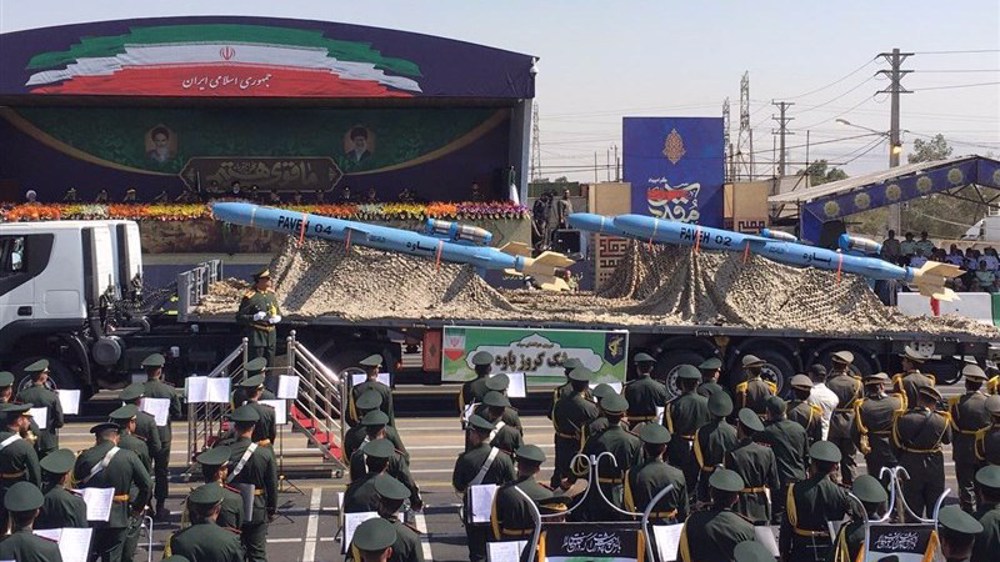
Normalization deals with Israel doomed
He also commented on Israel's normalization deals with several Arab countries, saying that no Arab country could truly normalize its relations with the regime, as the Muslim world and other nations hate the regime.
Raeisi said that such normalization deals would not make Israel more secure, as the whole region hated the regime with all their hearts.
He condemned the normalization deals as a “stab in the back of Palestinians” and stressed that the oppressed people would not forgive those who normalized with the regime.
The Iranian president said that the Palestinian issue could not be resolved through normalization deals, and reiterated Iran's proposal for a referendum on the fate of the Palestinian lands involving all the original inhabitants of those lands.
Hezbollah attacks Israeli forces after Lebanese homes blown up
World leaders, states hail ICC arrest warrants for Netanyahu, Gallant
MP: US accountable for possible Israeli 'foolishness' to attack Iraq
VIDEO | Israeli policies strangle Palestinian agriculture, economy
Iran's president offers condolences to Pakistan over terrorist attack
Canada’s Yukon town council at standstill over refusing oath to King Charles
Yemen's Houthi calls for jihad to protect Palestine against Israel
VIDEO | Internal rifts within Israel


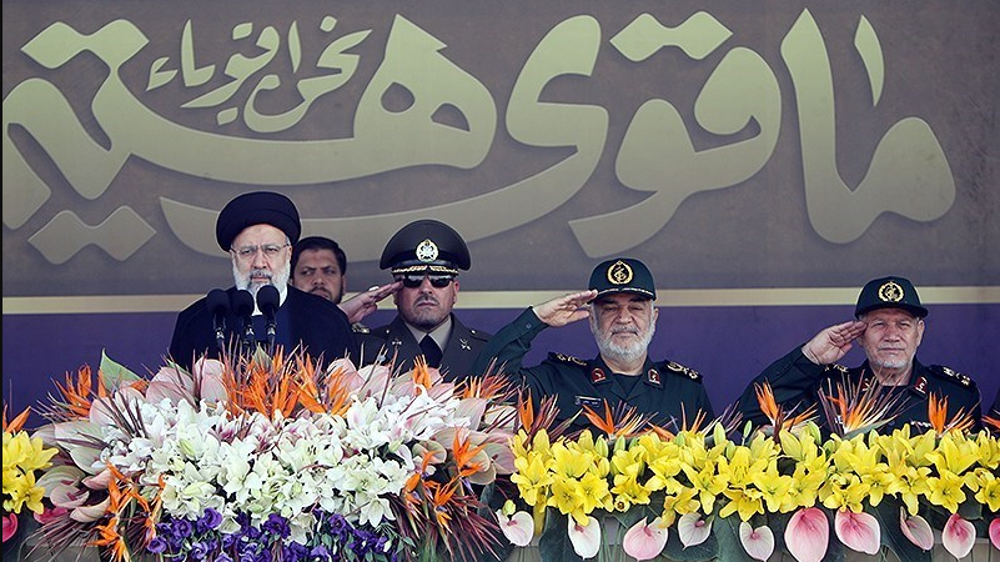
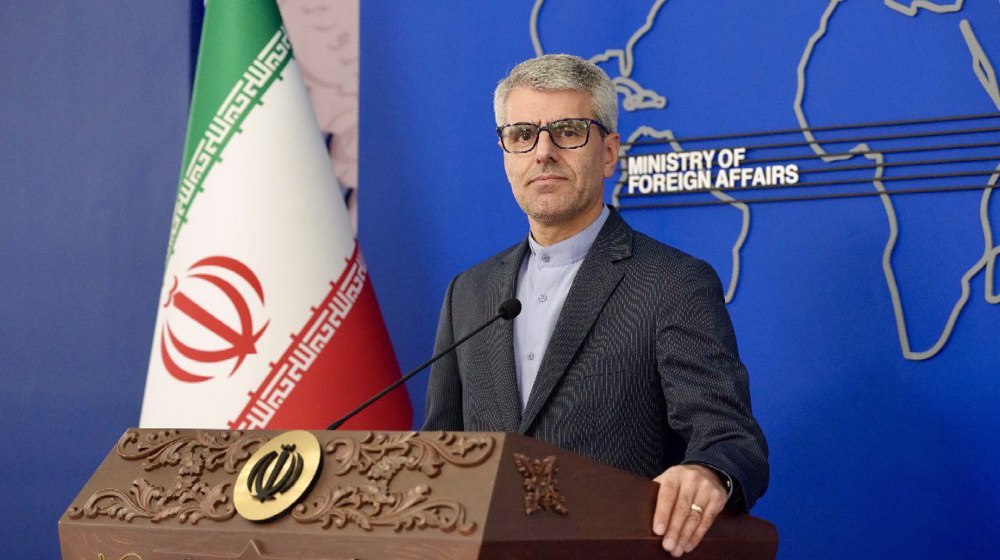
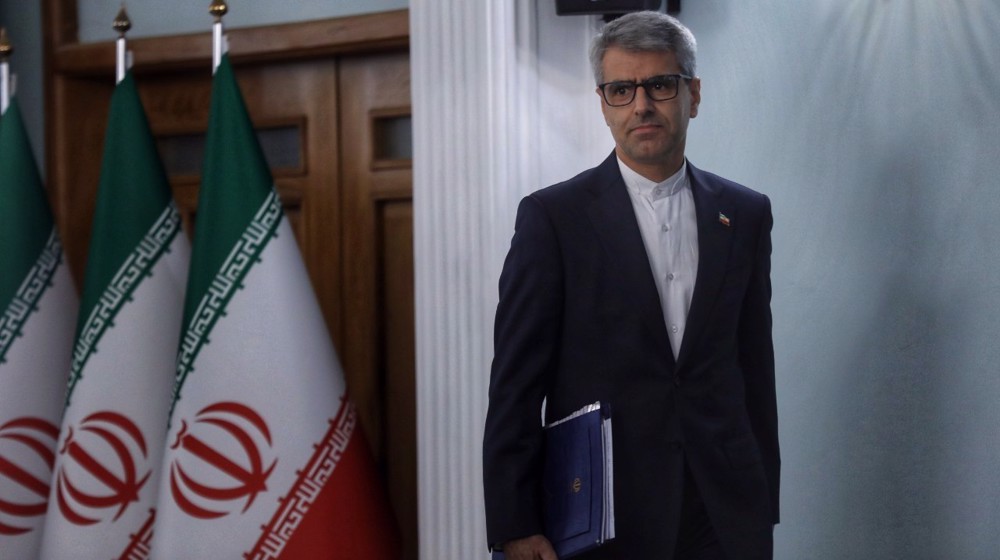
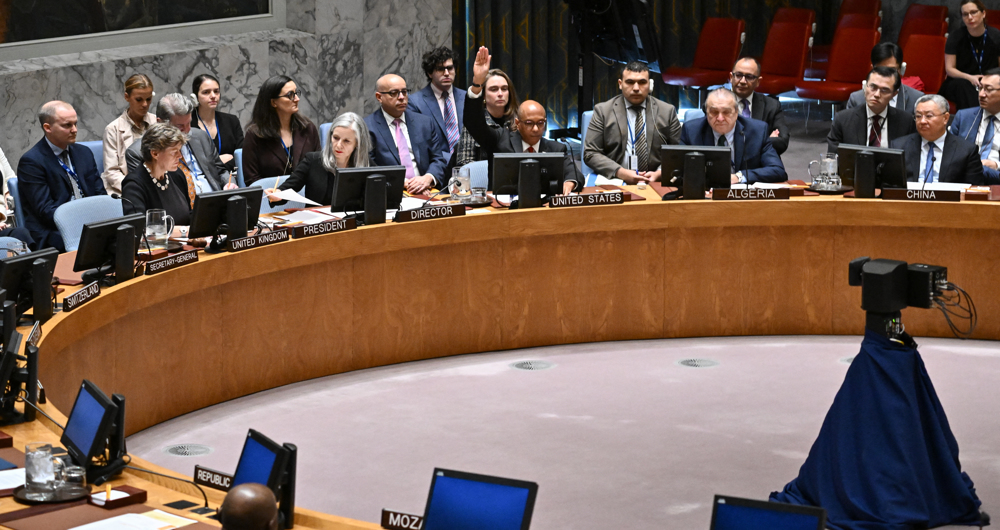



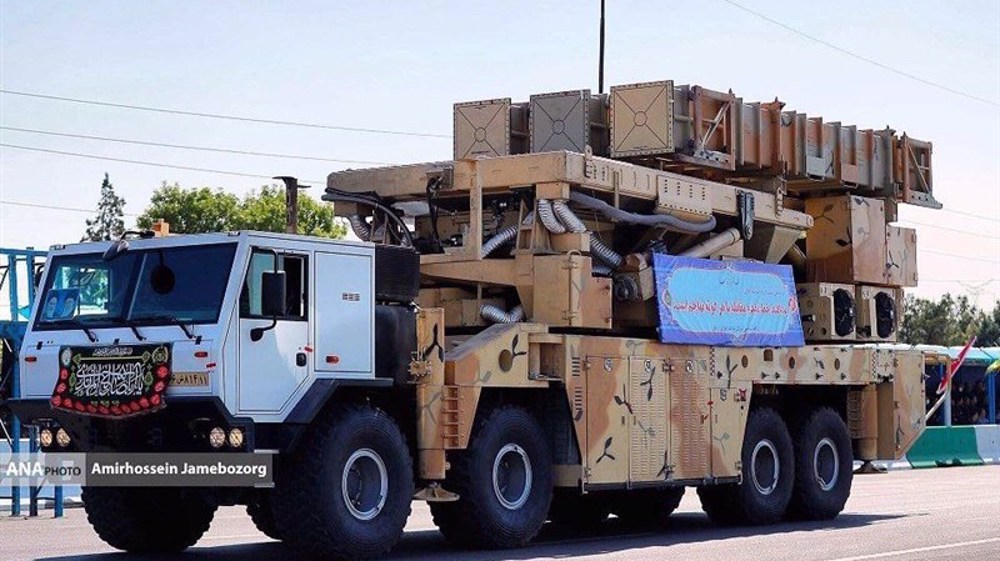
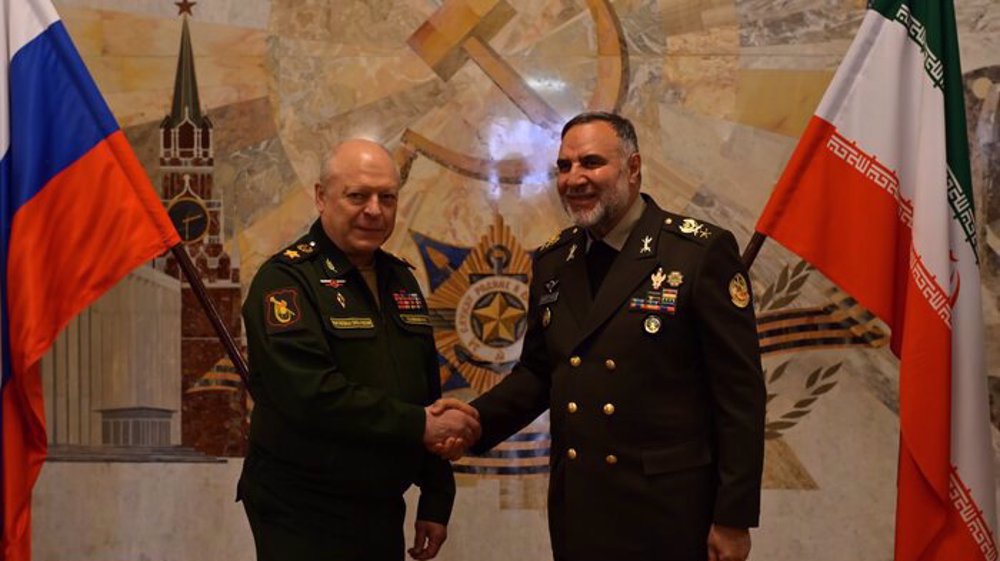
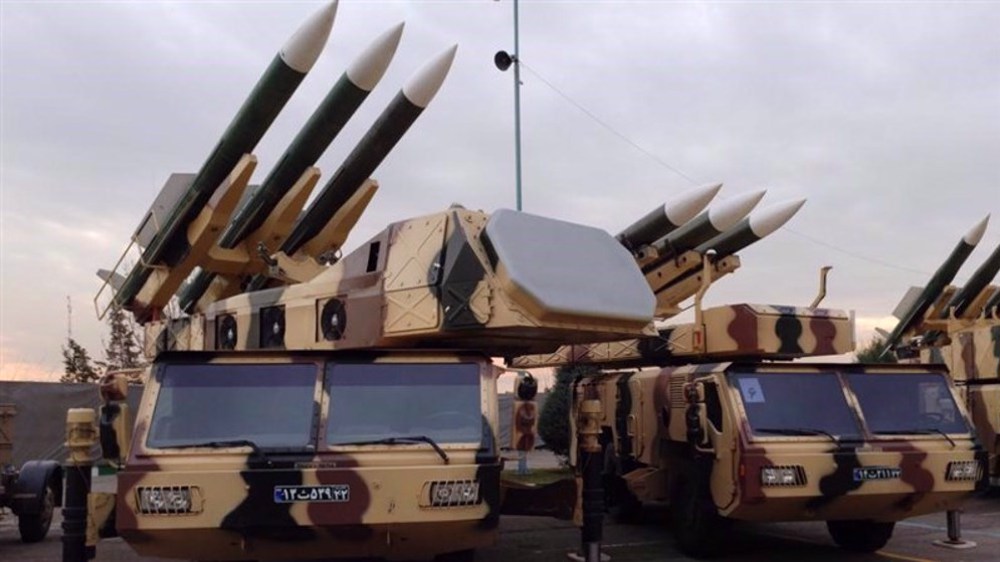
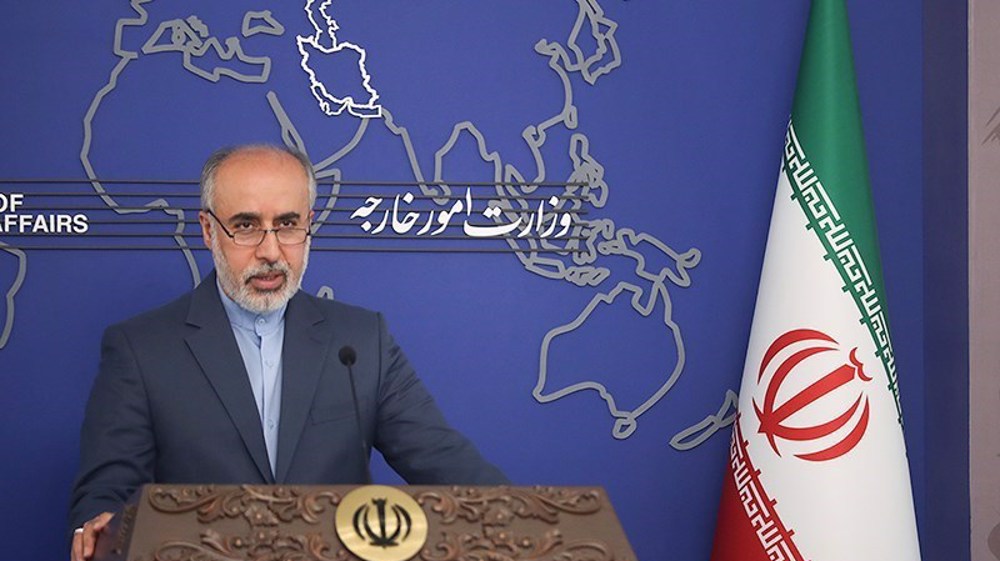

 This makes it easy to access the Press TV website
This makes it easy to access the Press TV website